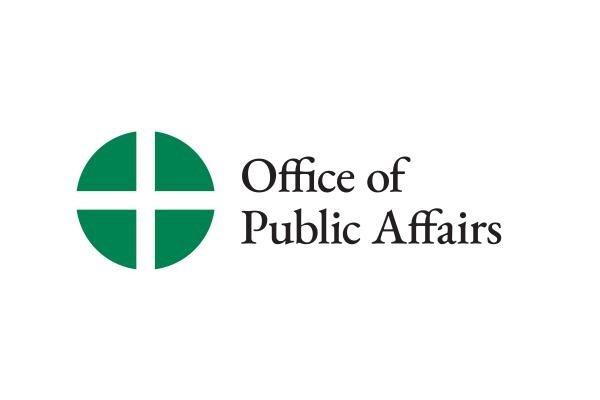U.S. Bishops’ Migration Chairman Affirms Renewed Termination of Migrant Protection Protocols, Urges Further Steps to Improve Treatment of Vulnerable Migrants
WASHINGTON - On October 29, U.S. Department of Homeland Security Secretary Alejandro Mayorkas issued a new memorandum terminating the Migrant Protection Protocols (MPP), also known as “Remain in Mexico.” Secretary Mayorkas previously issued a memorandum to end the program, but a federal district court vacated that decision and ordered DHS to reimplement it.
WASHINGTON - On October 29, U.S. Department of Homeland Security Secretary Alejandro Mayorkas issued a new memorandum terminating the Migrant Protection Protocols (MPP), also known as “Remain in Mexico.” Secretary Mayorkas previously issued a memorandum to end the program, but a federal district court vacated that decision and ordered DHS to reimplement it.
In solidarity with Mexican and American bishops from along the U.S.-Mexico border, the U.S. Conference of Catholic Bishops (USCCB) has opposed MPP since it was first created in 2019. Earlier this year, the USCCB filed an amicus curiae brief before the Supreme Court of the United States, arguing that MPP is contrary to domestic and international law, as well as Catholic social teaching.
Bishop Mario E. Dorsonville, auxiliary bishop of Washington and chairman of the USCCB’s Committee on Migration, issued the following statement:
“We welcome this action by the Administration, given the well documented harms and injustices caused by MPP, and we pray that this unfortunate chapter in American history will finally come to a close. At the same time, we remain deeply concerned about the continued use of Title 42 to summarily expel asylum seekers and other vulnerable persons, especially families. We call on the Administration to resume processing those seeking protection at the U.S.-Mexico border in accordance with our laws and principles.
“While Catholic social teaching affirms a sovereign nation’s right to regulate its borders, the Church’s commitment to the sanctity of human life transcends these boundaries. It is possible to maintain borders with justice and mercy. And let us not forget the reciprocal gifts of migration, especially as we benefit daily from the labors of immigrants, past and present. We must work toward an immigration system that better promotes human dignity, not only for the benefit of those seeking protection but for the common good, upon which we all depend.”
###
Media Contacts:
Chieko Noguchi or Miguel Guilarte
202-541-3200

